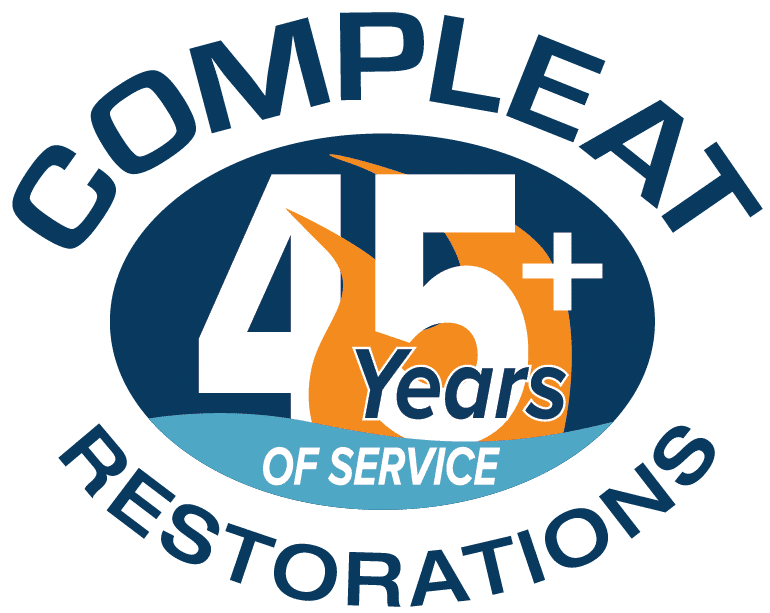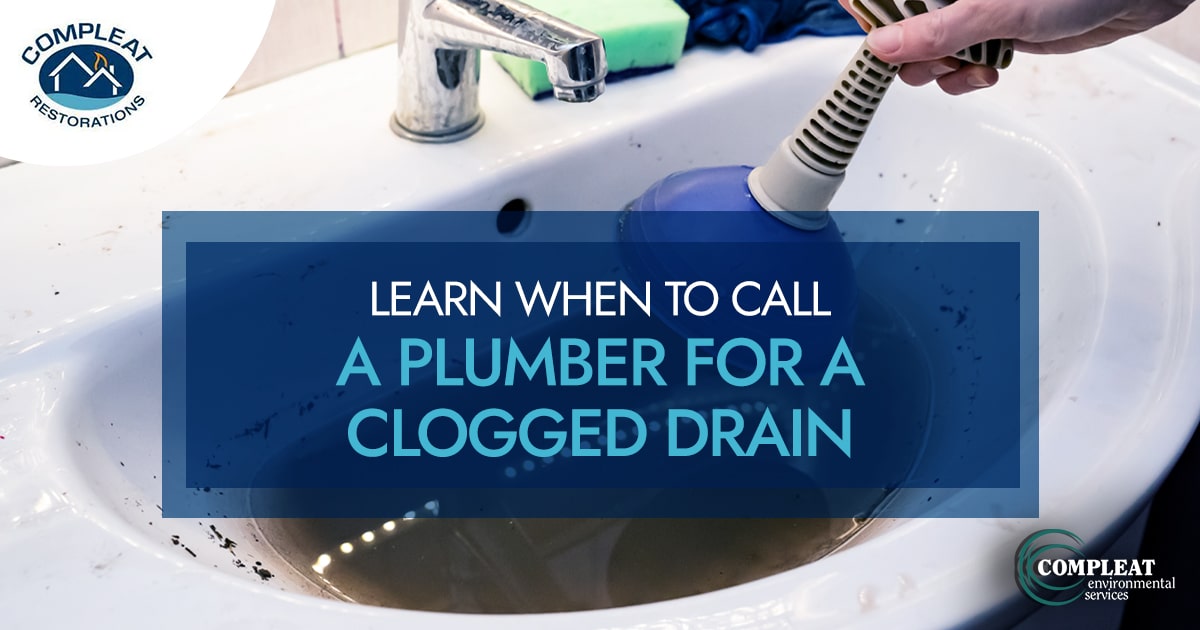Clogged drain can be a frustrating and inconvenient problem for homeowners. They can occur in a variety of household plumbing systems, including shower and bath drains, kitchen sinks, and floor drains.
There are a variety of common causes for severely clogged drains. Some clogs can be cleared with do-it-yourself methods such as using a plunger or drain snake. More severe clogs may require professional repair.
In this article, we will explore the various causes of clogged drains. Moreover, we will discuss various methods for addressing and preventing them.
Clogged Drain: Causes
Clogged drains are quite common due to the nature of households. This includes floor drains in showers, the plumbing in kitchen sinks, and the sort of places you would likely expect. What exactly is causing these common clogs, though? Let’s explore a few common causes.
Hair and Soap
You’ll find this culprit mainly in shower and bath drains. Naturally, hair will accumulate on the drain itself. As it hangs down the pipe, it acts as a natural surface for more hair and soap scum to cling to. After enough time, this can grow to a size that begins blocking water from moving through as easily.
This is common for households with members that have long hair, animals, or shower off large amounts of soap and oils.
Dirt, Plants, and Leaves
Dirt, plants, and leaves can enter the drain in a variety of ways. For example, dirt can be tracked into the house on shoes and clothing. It can then be washed down the drain. Plant material, such as leaves and grass clippings, can also be washed down the drain, especially if the drain is located near a garden or landscape.
Once these materials enter the drain, they can accumulate and form a blockage. If left unchecked, the blockage can eventually cause the drain to become completely clogged, which can lead to water backing up and overflowing out of the drain.
Oil, Grease, and Fats
Oil, grease, and fat can create clogs in indoor household drains. This is when they are poured or washed down the drain. These substances are often found in cooking oils, fats, and greases. Moreover, well as in personal care products such as lotions and makeup.
When oil, grease, and fat are poured down the drain, they can coat the inside of the drain pipe. It can then create a sticky, gooey substance that can accumulate and form a blockage. This is especially likely to happen in pipes that have a small diameter. These are located in an area with a lot of other debris, such as a kitchen sink.
The problem with oil, grease, and fat is that they do not dissolve in water and can remain stuck to the inside of the drain pipe even after the water has flowed through. This can create a buildup of material that can eventually cause the drain to become completely clogged.
DIY Clogged Drain Repair Practices
There are several ways that you can try to clear out clogged indoor drains in your house yourself:
- Use a plunger: A plunger is a simple tool that can be used to try and remove a blockage from the drain. To use a plunger, place it over the drain and push it down firmly, creating suction that can help to loosen and remove the blockage.
- Use a drain snake: A drain snake, also known as an auger, is a long, flexible wire with an auger or spiral at the end. It can be used to break up and remove blockages from the drain. To use a drain snake, insert the auger into the drain and turn the handle to push the auger through the pipe and into the blockage. Then, turn the handle in the opposite direction to pull the auger back out, pulling the blockage with it.
- Use a natural enzyme cleaner: Natural enzyme cleaners contain bacteria and enzymes that can break down and dissolve organic material, such as grease and oil, that can cause clogs in drains. To use a natural enzyme cleaner, pour it down the drain and let it sit for some time according to the product instructions. Then, flush the drain with hot water to help remove any remaining debris.
- Use a chemical drain cleaner: Chemical drain cleaners contain harsh chemicals that can break down and dissolve blockages in drains. However, they can also be harmful to pipes and should be used with caution. To use a chemical drain cleaner, follow the product instructions carefully and be sure to wear gloves and protective eyewear.
Common Clogs that Require Professional Drain Repair
There are several severely clogged drains common to homes that may require professional repair:
- Grease and oil: Grease and oil can coat the inside of drain pipes and create a sticky, gooey substance that can accumulate and form a blockage. These types of clogs can be difficult to remove with household tools and may require the use of specialized equipment or chemicals.
- Roots: Tree roots can sometimes grow into and clog drain pipes, especially if the pipes are old or damaged. Removing tree roots from a drain can be a challenging and time-consuming process that may require much more expertise.
- Foreign objects: Foreign objects, such as toys, jewelry, or small appliances, can become stuck in the drain and cause a blockage. Removing these types of objects can be difficult and may require the use of specialized tools or equipment.
- Corrosion: Over time, drain pipes can become corroded and develop holes or cracks. This can allow debris to accumulate and create a blockage that is difficult to remove. In these cases, the damaged pipe will typically need to be repaired or replaced to fix the problem.
If you are experiencing a severe or persistent drain clog and are unable to clear it with household tools, it is generally a good idea to call a professional plumber for assistance. Unfortunately, sometimes it can be too little, too late. A drain that has been too clogged for a long period may overflow and cause major water damage in your home.
Who should you call?
Compleat Restorations is Your Water Damage Expert for Clogged Drain
Water damage or flood damage can happen at any time. Whether it’s due to appliance failure, a roof leak, a plumbing malfunction, or other unforeseen circumstances, the damage to your property can be catastrophic. That’s why it’s essential to enlist the help of a professional.
We have over 40 years of experience in water damage restoration, so you can count on Compleat Restorations to handle your water damage repairs. We restore your home to its pre-loss condition so you can get on with your life.



